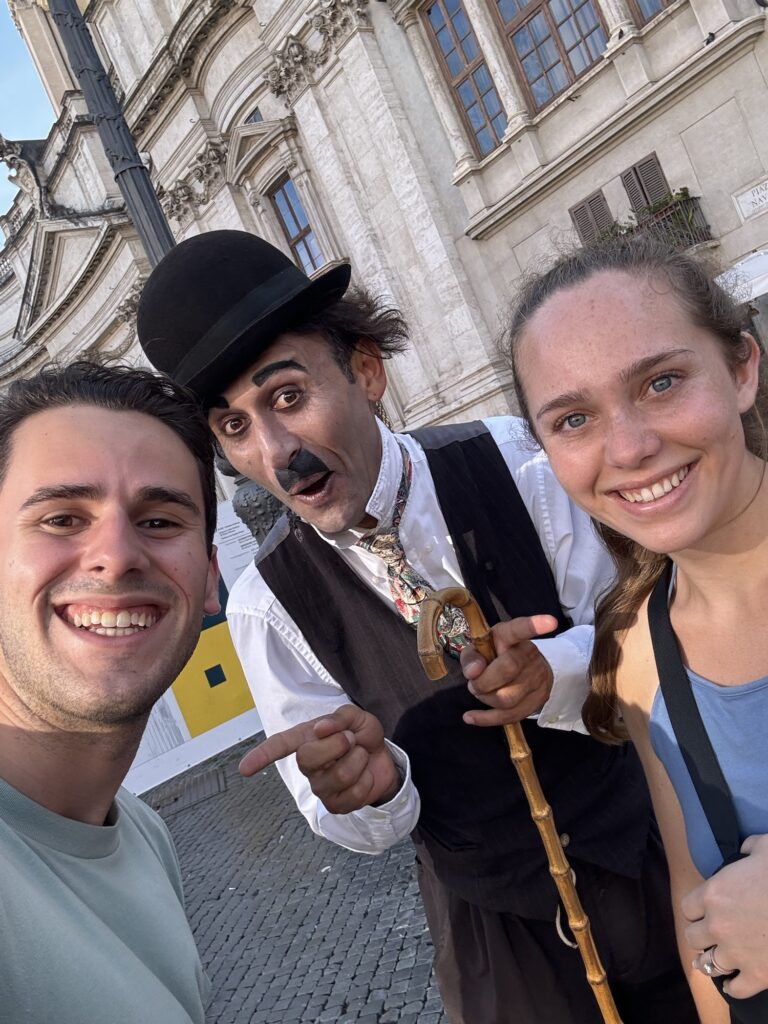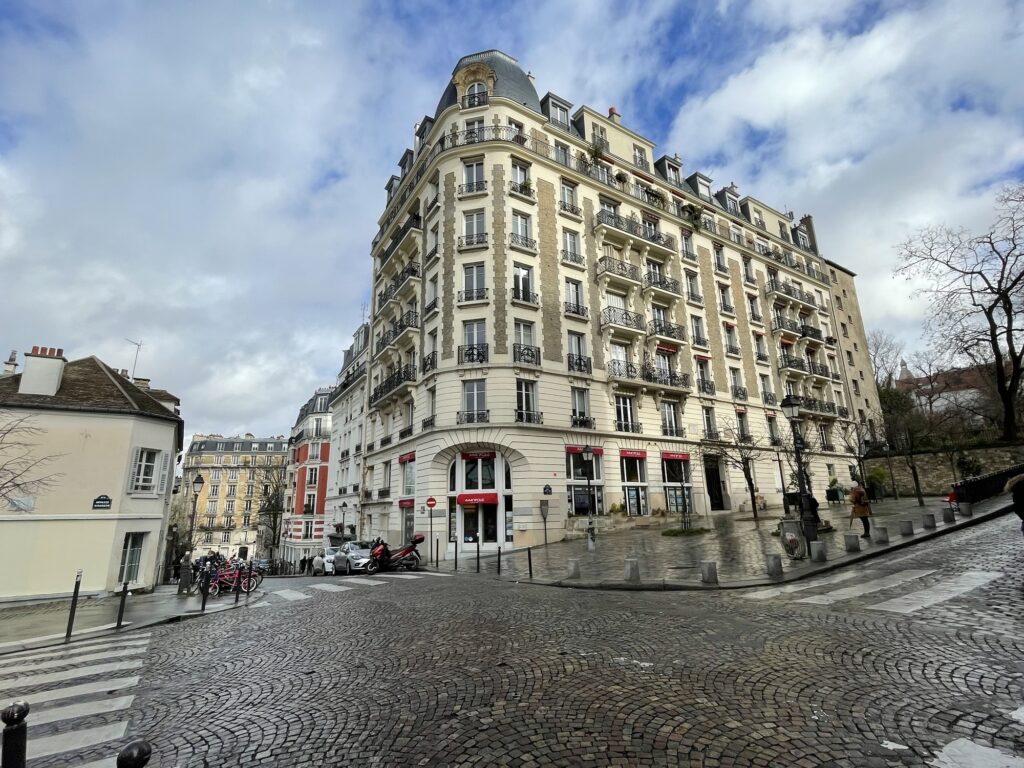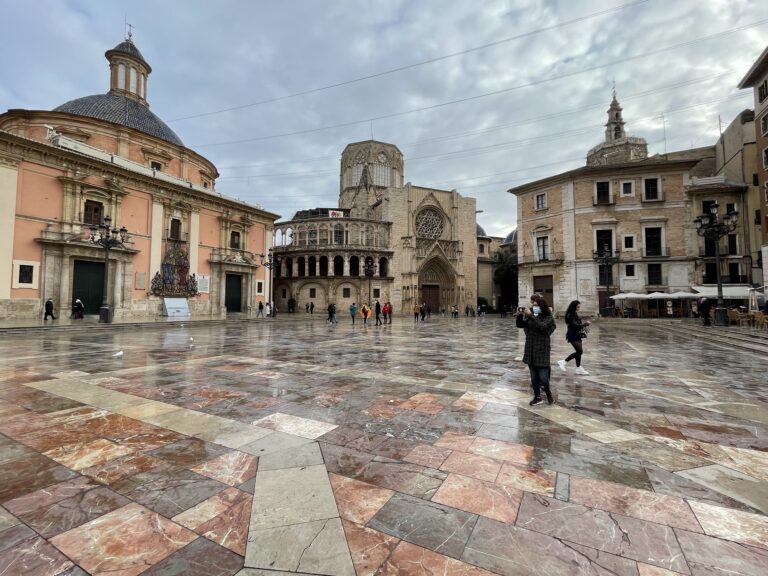Tourist SCAMS to Watch Out For in Europe!

Traveling through Europe is a dream for many, offering history, culture, and cuisine around every corner. However, popular tourist destinations can also be rife with scams targeting unsuspecting visitors. Being aware of these schemes can save you time, money, and frustration. Here are some common scams to watch out for and how to avoid them.
1. Dining at Historical Locations: The Pricey Pitfall

It’s tempting to dine at a café overlooking the Colosseum in Rome or the Eiffel Tower in Paris, but these spots often come with inflated prices and subpar food. Some restaurants even charge extra fees for the view or add hidden service charges to your bill.
How to Avoid It:
Opt for dining a few blocks away from major landmarks. These places usually offer more authentic cuisine at reasonable prices. Always check the menu for hidden fees and confirm whether service charges are included.
Pro Tip:
If a restaurant displays pictures of food outside, it’s often a sign of poor quality or overly touristy fare. Authentic establishments rarely advertise with photos.
2. Booking Hotels in City Centers: Convenience at a Cost

Staying in the heart of a city might seem convenient, but hotels in city centers often charge a premium while delivering less value. Some even skimp on basic amenities, banking on their prime location to attract guests.
How to Avoid It:
Research neighborhoods before booking. Consider areas slightly outside the center that are well-connected by public transport. You’ll often find better deals and enjoy a more authentic local experience.
3. Currency Exchange Ripoffs: The Hidden Costs
Currency exchange kiosks, especially at airports or train stations, often advertise “0% commission” but hide exorbitant fees in poor exchange rates. These tactics can cost you significantly over the course of your trip.
How to Avoid It:
Use ATMs for withdrawals instead of exchange bureaus. Stick to banks or reputable currency exchange services. Check the current exchange rate online to know what to expect.
4. Street Vendors Selling Fake Goods
In many European cities, you’ll encounter street vendors selling “luxury” handbags, watches, or souvenirs at unbelievably low prices. These items are often counterfeit and of poor quality, and purchasing them can lead to fines in some countries.
How to Avoid It:
Stick to purchasing goods from established stores. If something seems too good to be true, it probably is.
5. Pickpockets and Distractions: Stay Alert
Pickpocketing is a common issue in tourist-heavy areas. Scammers often work in groups, using distractions like offering you a “free” bracelet or asking for directions while their accomplice steals your belongings.
How to Avoid It:
Keep your valuables secure and out of sight. Use anti-theft bags or money belts, and always be aware of your surroundings. Be cautious of overly friendly strangers.
6. “Free” Services with a Catch
You might encounter street performers or locals offering “free” items like roses, friendship bracelets, or caricature drawings. Once you accept, they demand payment, often aggressively.
How to Avoid It:
Politely decline any unsolicited offers. A firm “No, thank you” is usually enough to deter scammers.
7. Taxi Overcharges and Fake Rideshares
Unmetered taxis or unofficial rideshares can significantly overcharge tourists, especially from airports or train stations. Some even claim their meters are broken or take unnecessarily long routes.
How to Avoid It:
Use ridesharing apps like Uber or pre-arranged transport services. If you must take a taxi, ensure it’s a licensed one and agree on a fare before starting the trip.
8. ATM Tampering
Scammers often tamper with ATMs in busy areas by installing skimmers that steal your card information or block your card until you leave, allowing them to retrieve it.
How to Avoid It:
Use ATMs inside banks or secure locations. Cover the keypad while entering your PIN, and inspect the machine for unusual attachments before using it.
9. Overpriced Tours and Hidden Fees

Some tour operators lure tourists with cheap upfront prices, only to pile on hidden fees for things like entry tickets, meals, or transportation.
How to Avoid It:
Book tours through reputable agencies or online platforms with clear pricing policies. Always read reviews and confirm what’s included in the cost.
10. Fake Charity Appeals
In bustling tourist spots, you may be approached by someone claiming to collect donations for a charity. They often show fake documentation or sign-up sheets to appear legitimate, but the money rarely goes to a genuine cause.
How to Avoid It:
If you wish to support a charity, research and donate directly to verified organizations. Politely decline any on-the-spot donation requests, especially if you feel pressured.
Traveling is about enjoying the experience, and staying informed can ensure that you focus on the joy of exploration rather than falling victim to scams. By following these tips, you can navigate Europe with confidence and make the most of your adventure.





